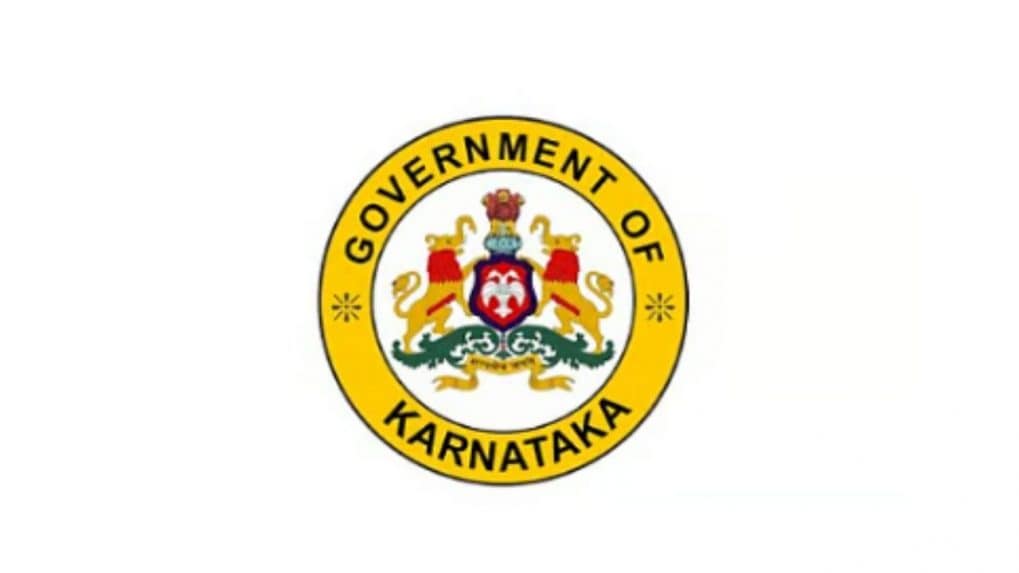Karnataka’s draft gaming law sparks concerns over licensing, ISP, and payment mandates
Industry experts and legal voices are urging the need for a unified central regulatory framework for online gaming, warning that state-level laws like Karnataka’s draft bill risk creating fragmentation, compliance burdens, and enforcement challenges.
ADVERTISEMENT
The draft Karnataka Police (Amendment) Bill, 2025 is drawing scrutiny from legal and policy experts who warn that while the proposed legislation takes steps toward regulating online gaming, it also raises complex questions about enforceability, jurisdiction, and national coherence.
Accessed by Storyboard18, the draft Karnataka Police (Amendment) Bill, 2025 likely to be tabled during the monsoon session in Karnataka's Vidhan Soudha proposes a robust enforcement regime aimed at banning online games of chance and regulating skill-based platforms. Among its key provisions, internet service providers (ISPs) will be required to block access to unlicensed betting websites and apps upon directive from a newly established Karnataka Online Gaming and Betting Regulatory Authority. Payment gateways, likewise, must freeze all transactions to and from these platforms.
Legal experts, however, question the practicality and jurisdictional reach of such state-level mandates. Gowree Gokhale, an independent legal advisor, noted, “This law can apply only within the state of Karnataka. I have my doubts as to whether ISPs can block any website at a state level.” She further pointed out challenges with regulating payment gateways: “Unless a payment gateway onboards a merchant, their services can’t be used. The payment processors might still onboard the merchant, with the onus on them to geo-block Karnataka.”
The draft bill also mandates geo-fencing and IP-blocking measures to prevent access to offshore operators, an area where state authority may face technological and legal limits. Another contentious feature is the introduction of a state-level licensing regime for skill-based games, which would require platforms to undergo stringent KYC, enforce age and advertising restrictions, and comply with financial transparency norms.
Deepro Guha, Associate Director at The Quantum Hub, voiced concern over fragmented regulation: , “While there has been a demand from the industry for regulatory clarity for the sector, some provisions of this bill are of concern. For e.g., the provision of setting up a licensing regime for skill based online gaming. Previous endeavours by states to do this, like in the case of Nagaland, haven't been particularly successful. Furthermore, separate licensing regimes in different states, would also lead to fragmentation of regulation and increasing compliance costs for industry.”
Guha said, “The Karnataka government has been engaging with multiple industry representatives and industry bodies during the drafting of this bill. We will have to wait and see if there would be further consultations before the bill is introduced in the Vidhan Soudha.”
Industry leaders have welcomed the intent behind the bill but called for a unified national framework. Roland Landers, CEO of the All India Gaming Federation, stated, “A clear distinction between games of skill and chance, backed by progressive regulation, is essential to ensure consumer protection and foster responsible growth in the online gaming sector. Karnataka, home to the largest and most vibrant gaming ecosystem in the country, has taken a significant step forward by supporting the industry through a transparent and consultative approach. “
Landers said, “While we applaud the state government’s initiative, we also believe that state-level laws alone may not be sufficient to curb the growing menace of offshore gambling platforms, which operate beyond India’s jurisdiction, offer no consumer recourse and are emerging as one of the biggest national security threat.”
Addressing this challenge requires a strong national framework that brings together all relevant stakeholders - to effectively regulate and monitor the ecosystem. Only through such a unified and coordinated approach can we ensure the long-term sustainability and integrity of India’s online gaming industry. Landers added.
The State Government will also constitute a Karnataka Online Gaming and Betting Regulatory Authority to oversee, regulate, and enforce the provisions. The Authority shall consist of a Chairperson, appointed by the State Government, with an experience in law, public administration, or technology. Three members, including one expert in information technology, one in finance, and one in social welfare, appointed by the State Government.
The Authority will work closely with the Department of Information Technology and the Karnataka Police Cyber Crime Branch to develop and deploy the necessary infrastructure for digital surveillance and enforcement. This includes issuing cease-and-desist orders, conducting searches and seizures of servers and digital records, and imposing civil penalties of up to ₹5 lakh for repeat offenders.
Read More: EXCLUSIVE: Karnataka's draft bill puts legal onus on ISPs and payment gateways
Read More: Karnataka to table Bill banning online gambling, regulating skill based RMG
Read More: UP to draft online gaming law; committee to engage industry stakeholders


